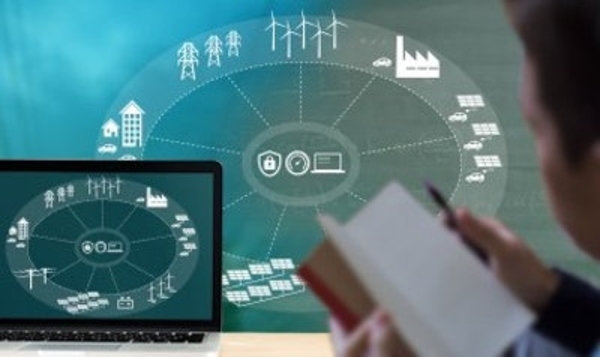Price:
2096 EUR
Contact
Delft University of Technology
Description
Electrical power grids of the future will differ significantly from the power systems of the twentieth century. Current applications of smart grids around the world already solve some issues related to energy transmission. These include the small capacity and intermittent nature of renewable resources; the constraints of existing lines operated close to their thermal and stability limits; and uni-directional transmission from production to user. In addition, new ‘intelligent’ demand of products and devices such as electric vehicles and heat pumps demand changes in the way electricity is transmitted.
Why are smart grids the answer? Being robust and flexible, intelligent electrical power grids effectively coordinate energy supply and demand in a dynamic way. This enables the electricity from solar cells or wind farms, for example, to be incorporated within the distribution network. Biogas could be introduced locally within the gas network. Last but not least, smart grids also provide the flexibility needed to stimulate change in the energy market such as product innovation, privatization and internationalization.
Understanding smart grids is a must for advancing your career in the energy sector, particularly in the fields of renewable energies, governmental policy, or consultancy.
In the first course, you will be introduced to the layout of a smart grid, its components, its dynamics and the challenges in modeling and studying it. In the second course, you will put this knowledge into practice and develop your own models and scenarios to study and analyze the outcomes of some common smart grid disturbances.
Specific details
Category of Education
Arts and Humanities







 How to resolve AdBlock issue?
How to resolve AdBlock issue? 


Comments (0)